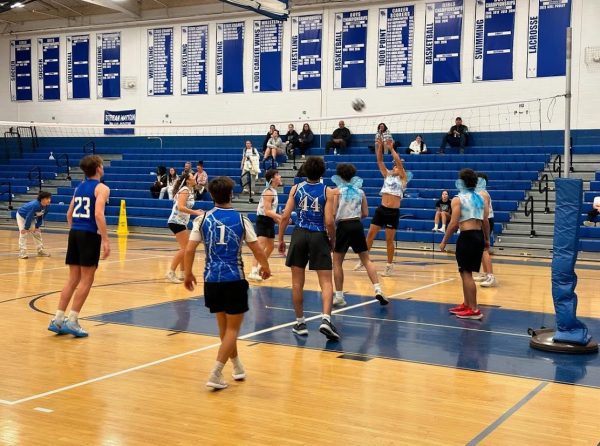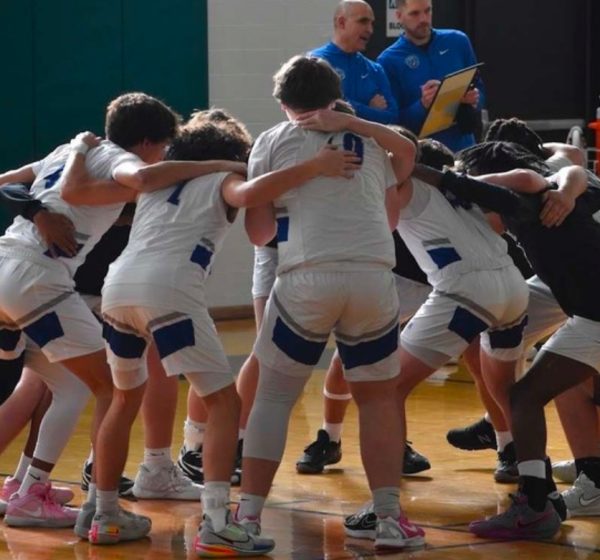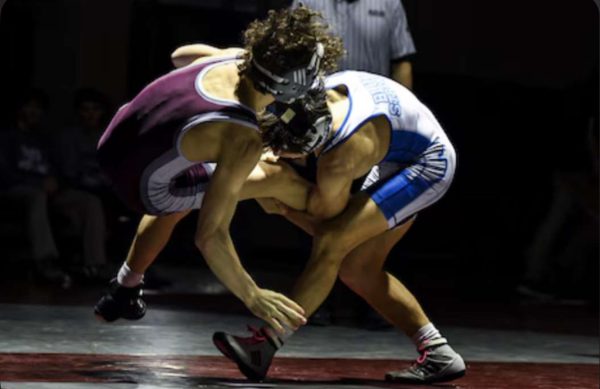Fair Pay to Play Act is Here to Stay
The state of California has passed the Fair Pay to Play Act. This bill enables college athletes, playing in-state, to profit off of their personal image, whether it be as large as an endorsement or as small as charging for autographs.
This is a huge loss for the corrupt NCAA, who have neglected the rights of college athletes since its inception.
Opponents of this legislation have called it unconstitutional, supporting a letter that the NCAA sent to the California governor, Gavin Newsom, concerning the unanimous passage of the bill.
The refutations of this statement are more justified than the very refutations to the bill itself.
There is literally nothing in the Constitution regarding college athletics and what defines amateurism in the United States.
The NCAA is simply afraid their plantation-style, billion-dollar conquest will finally be defeated after 100 plus years of dominance over collegiate athletics.
Unfortunately, this new law will not be their demise. They are still getting free labor and are not paying the athletes directly through the language of this bill and similar upcoming bills from states like South Carolina and New York.
These players are only getting the power to accept endorsements based on their likeness.
The Fair Pay to Play Act is not even providing that much of an advantage to a large group of athletes. The only athletes this could reasonably be utilized by are the few five-star recruits in top sports like football and basketball every season, as they receive the most publicity and are the most well-known.
The only other viable group of athletes who could utilize the bill are content creators on platforms like YouTube who play a collegiate sport. At the moment, these athletes are not able to receive funds for the content they make while in school.
The Fair Pay to Play Act is a much needed step in the right direction for the wellbeing of collegiate athletes.
Many athletes come from impoverished households, and a small income flow while in school to help back home, because it is nearly impossible to add a work schedule with attending classes and playing their sport the rest of the day.
Giving power to the players was the best way to take a first step against the NCAA.
Just this past season the world saw allegations that Nike and Zion Williamson had negotiations while he was in high school. These companies want these athletes as early as possible, and the more power given on the players’ side, the more advantageous it will be for the players long term while the NCAA has nothing to do with how they make their money.
The whole issue that is brought up by opponents of the Fair Pay to Play Act is the misconception that players are being paid by the NCAA and schools themselves. This is not what is being enacted through this piece of legislation, although it could eventually pave the way for that.
Opponents to the bill often base their argument on a misconception and need to do their homework before jumping to conclusions. College athletes deserve to be paid for what is free labor to this point in time, and deservedly will have the opportunity to do so in California (and hopefully more states) come 2023, when the legislation is scheduled to be enacted.
The Fair Pay to Play Act is here to stay, and rightfully so.





